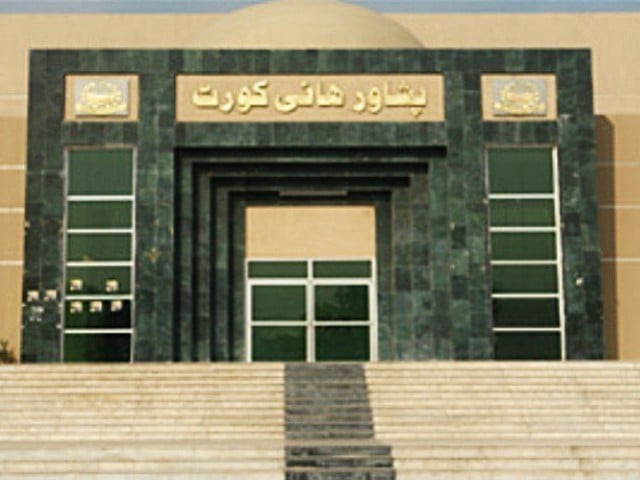'Centralisation' of govt powers questioned
PHC quips province should abolish LG bodies

The Peshawar High Court has sought a written response from the provincial government on a petition challenging the transfer of powers from local government representatives to the district.
During the hearing, Justice Syed Arshad Ali remarked that the government distributed powers selectively, retaining some for itself. He questioned the utility of local government representatives if their powers could be granted or withdrawn at will, suggesting that if the government intends to keep powers centrali\sed, it should abolish local representatives altogether.
Justice Arshad Ali further commented that the constitutional framework underwent significant changes with the 26th Amendment. At the same time, Justice Ejaz Anwar stated that the court is fulfilling its duty and the government should do the same, questioning how powers designated to local representatives could be transferred to the district administration.
The case was heard by the two-member bench of Justices Ejaz Anwar and Syed Arshad Ali.
The petitioners, Peshawar Mayor Zubair Ali and Humayun Mayar, were represented by Advocate Babar Khan Yousafzai. The lawyer argued that the powers of the tehsil council had been transferred to the provincial government, leaving the chairmen powerless.
He contended that amendments to the Local Government Act conflict with court rulings, as tehsil chairmen were subordinated to the district administration.
Justice Ejaz Anwar asked if the amendments violated the fundamental rights of local representatives. The petitioner's counsel responded that before being elected, the representatives had broader powers, which have been curtailed after the amendments. Justice Syed Arshad Ali reiterated that the constitutional provisions had changed since the 26th Amendment, and emphasised the importance of fulfilling constitutional duties.
He pointed out that retaining and redistributing powers at will diminishes the role of local representatives.
The AAG argued that seven districts have been merged, and there are no established offices in those areas, asserting that allocated funds are being spent for their development. He requested the petitioners to prove how their fundamental rights have been violated. The bench sought a written response from the provincial government and adjourned the case.



















COMMENTS
Comments are moderated and generally will be posted if they are on-topic and not abusive.
For more information, please see our Comments FAQ